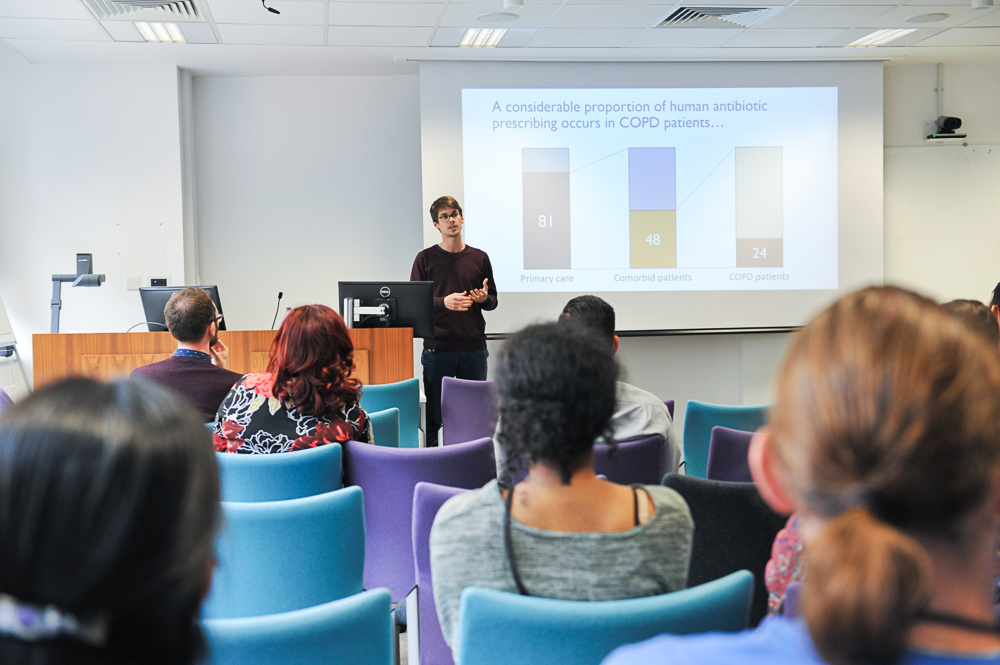UK-Canadian initiative to support the development of responsible artificial intelligence
25 February 2020
Health Data Research UK researcher Dr Michael Inouye from the University of Cambridge has teamed up with Dr Brent Richards from McGill University, Canada on a three-year project ‘Artificial intelligence to create equitable multi-ethnic polygenic risk scores that improve clinical care’.
The project aims to tackle the risk of ethnic inequalities within genomic medicine. Currently, most genomic risk scores developed to inform clinical decision-making are generated using data from European ancestries. This international collaboration aims to address the inherent bias this may create when the same risk scores are used on non-European ancestries. It will develop and test new Artificial Intelligence (AI) approaches on more diverse and representative datasets. The aim is to increase the robustness of the risk scores generated and provide insights in to how best to generate non-biased AI tools for genetic risk prediction. In particular they will focus on applying these new approaches to demonstrate their potential for improved risk prediction and screening of atherosclerotic coronary heart disease.
Ben Johnson, a Health Data Research UK Public Advisory Board Member who supported the project’s funding application, says “Genetics has a diversity problem. More genome sequences are needed from Black, Asian, and minority ethnic groups, so that we can understand the risk of disease across the whole of the UK population and beyond and improve healthcare for all. I am delighted to see this important study funded, which will add to the diversity of genomes sequenced, as well as improve our understanding of the variation in the human genome.”
The project will unite diverse data sets from Canada, China, and Bangladesh as well as the UK data sets from UK Health Data Research Alliance members: UK Biobank and Barts Health (working with the East London Genes and Health team), which is a dataset of majority Bangladeshi and Pakistani origin individuals. The project is part of an Economic and Social Research Council (ESRC) led “Canada-UK AI Initiative: building competitive and resilient economies and societies through responsible AI”.



